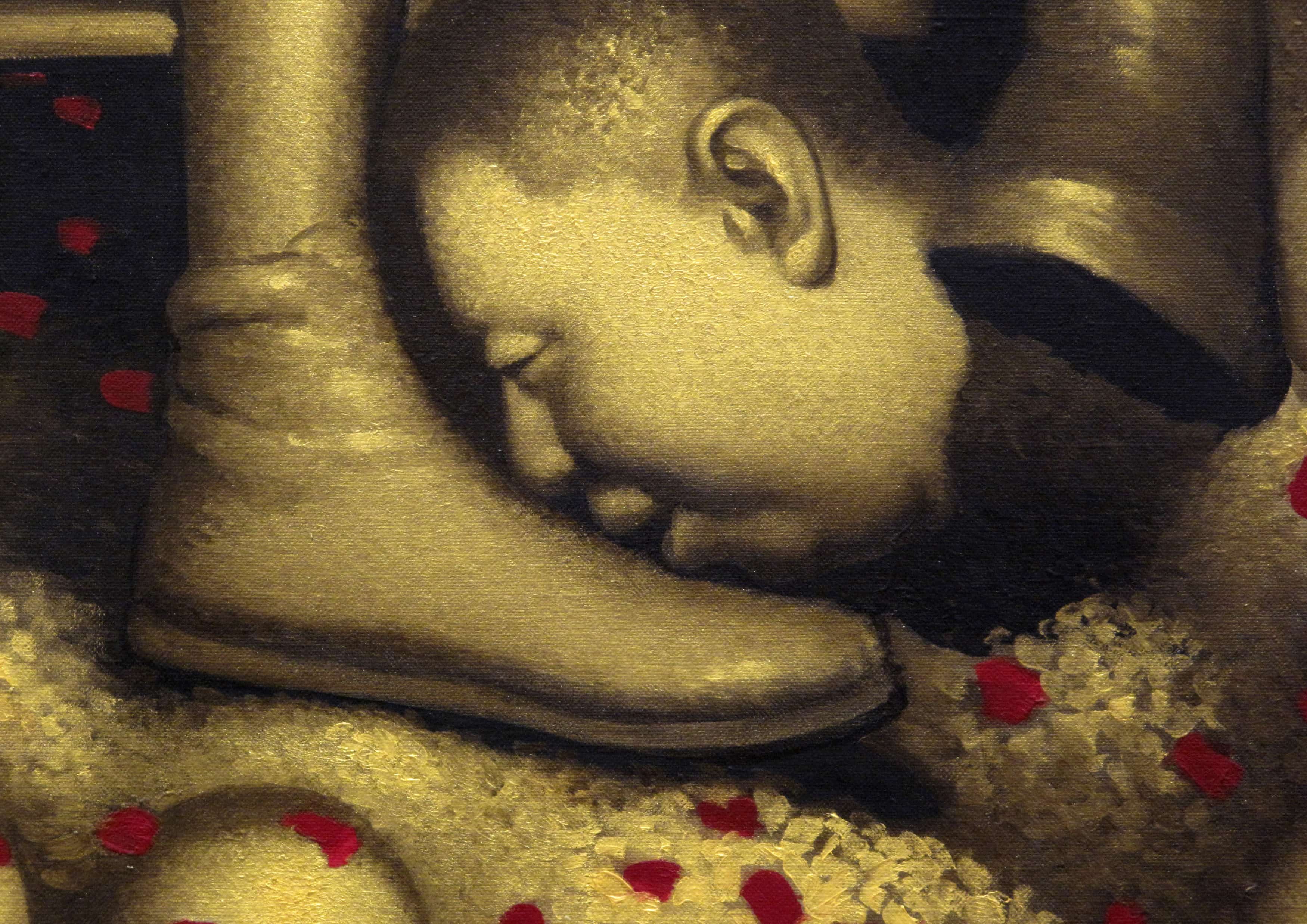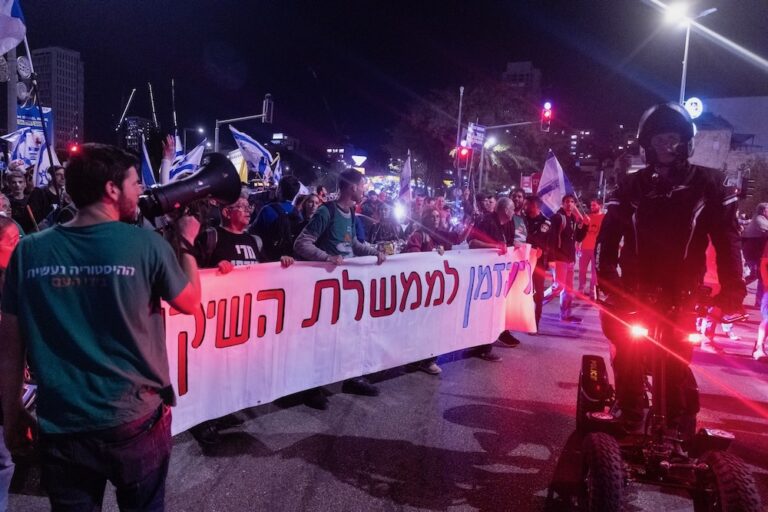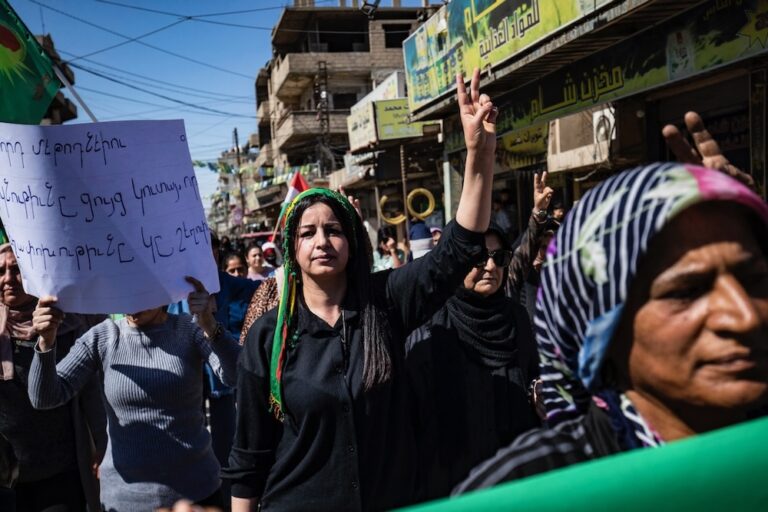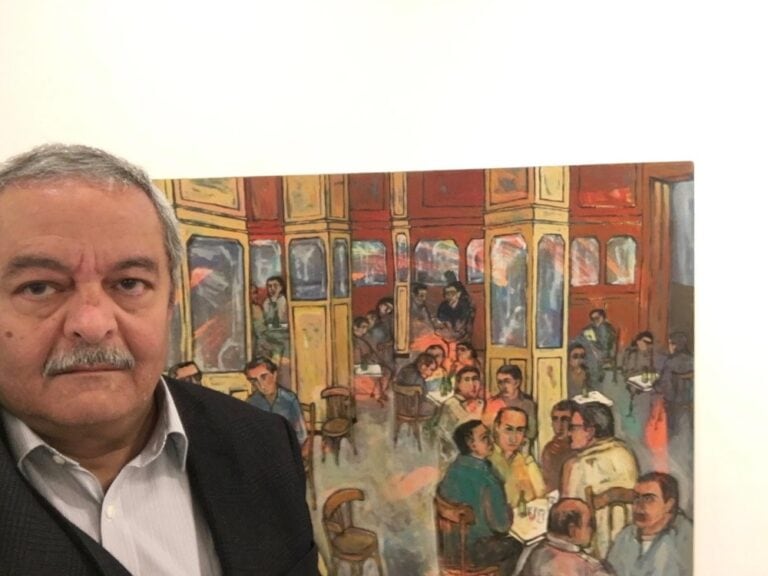Since 2008, ARTICLE 19 has been actively monitoring violations of the right to freedom of artistic expression, and for many artists and culture workers this World Culture Day, celebrated on 21 May, is certainly not a happy one.
By Oliver Spencer
Since 2008, we’ve been actively monitoring violations of the right to freedom of artistic expression, and for many artists and culture workers this World Culture Day is certainly not a happy one.
Like all forms of expression, the right to paint or act or joke is not absolute and can be restricted to protect other rights, such as privacy, reputation, national security, public health and so forth.
However, given that unlike a newspaper or a protest, art makes little claim on truth, logically speaking, you’d assume that right-minded folk wouldn’t try so hard to shut artists up.
Well, no actually, you’d be wrong.
While not necessary claiming “truth”, arts’ powerful position and value across society is frequently at the vanguard of political, social and cultural change, spearheading innovation and challenging existing power structures. It is in the nature of many forms of art to investigate, to play with and to critique. When doing so, artists shine a light on a person, an idea, an act, a tradition or a belief that others may not wish to be observed or questioned.
As such, artists have routinely been perceived as subversive, immoral, or revolutionary threats to traditional power.
Usually by those who want the arts to be some kind of cuddly, pretty decoration for increasing tourism, and who try desperately hard to censor.
ARTICLE 19 MONITORING
Our six years of monitoring shows that all art forms face illegitimate interferences and censorship, including mediums from film to theatre, music to satire, painting to sculpture.
The state remains the most common perpetrator of illegitimate interferences and violation of the right to freedom of artistic expression. Perpetrators often claim to be offended or insulted.
The grounds for interference in artistic expression are overwhelmingly the protection of a set of traditional conservative values and the preservation of political power and the status quo.
THE IMPACT ON ARTISTS
Artists are regularly harassed for their expression. They are arrested, detained and investigated. Their funding is cut, they are fined and they end up in prison.
Artists also receive threats of violence, are attacked, forced into exile, denied permission to leave, and sometimes killed.
So when celebrating this World Culture Day – and we hope you do – spare a thought for those artists and cultural workers who aren’t having such a great day.

ARTICLE 19



